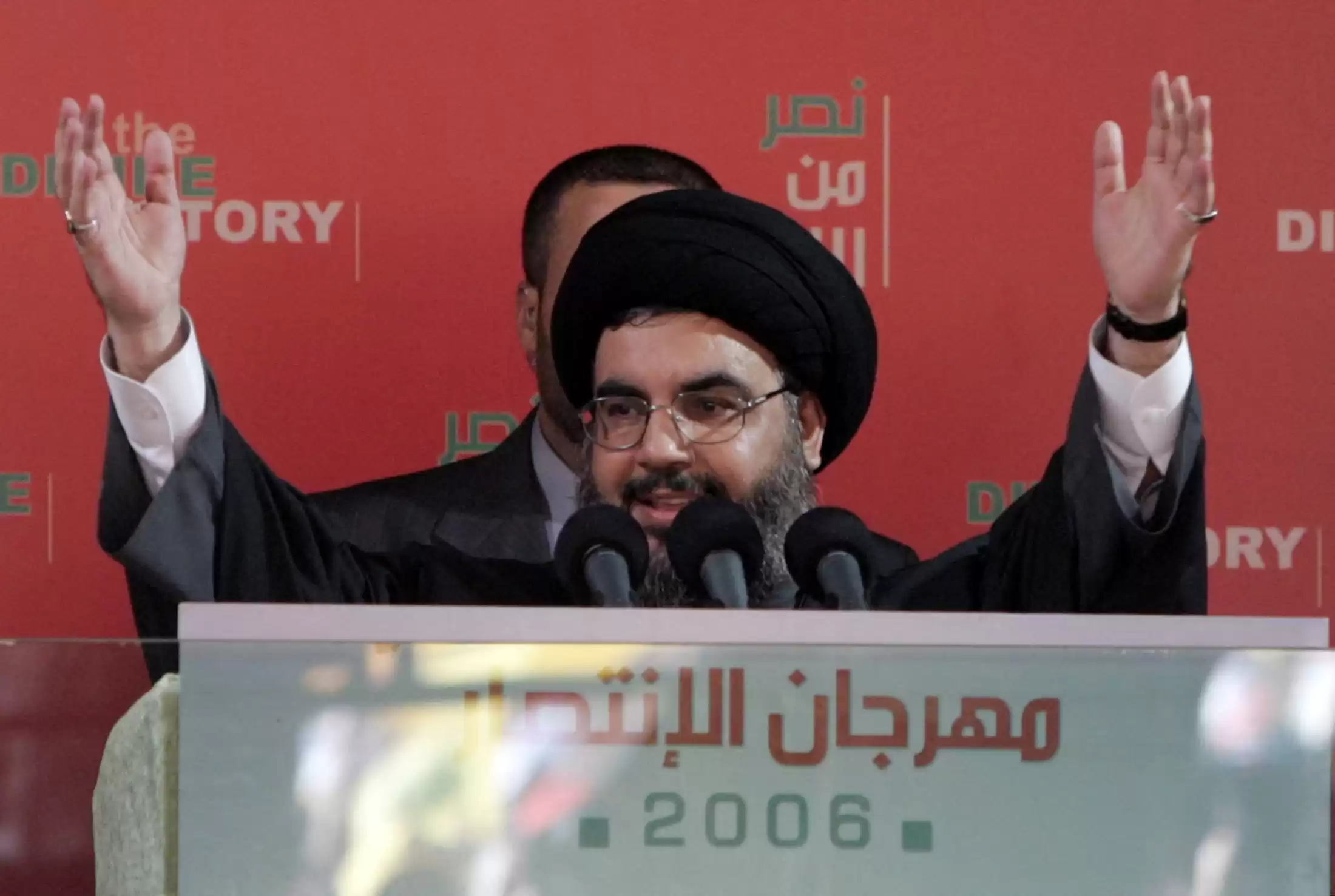Hezbollah Leader's Input on Middle East War: Cyprus Mail
Hezbollah leader Sayyed Hassan Nasrallah will make his first public comments since the Palestinian group Hamas and Israel went to war.
Hezbollah leader Sayyed Hassan Nasrallah is set to deliver his first public comments since the start of the conflict between Hamas and Israel. Nasrallah's speech will be closely analyzed for any indications of how Hezbollah's role in the conflict may evolve. Hezbollah, a powerful military force supported by Iran, has been engaging Israeli forces along the border, resulting in the deadliest escalation since the 2006 war between the two sides. In the lead-up to the speech, Hezbollah launched what appeared to be its largest attack yet, with 19 simultaneous strikes on Israeli army positions, including the use of explosive drones for the first time. In response, Israel carried out air strikes, tank fire, and artillery fire, further escalating the conflict.
Despite the intensity of the clashes so far, Hezbollah has only utilized a fraction of its firepower, which Nasrallah has been threatening Israel with for years. This has left many people in Lebanon on edge, anxiously awaiting Nasrallah's speech, as they believe it will provide insight into the likelihood of further escalation. Nasrallah's speech is also highly anticipated on a wider scale, as he is a key figure in the regional military alliance known as the "Axis of Resistance," which was established by Iran to counter the United States and Israel. This alliance includes other groups such as Shi'ite Muslim Iraqi militias and Yemen's Houthis.
Nasrallah, recognized as a skilled orator, has gained prominence in the Arab world. Even his critics acknowledge his ability to captivate audiences with his speeches. However, he is considered a terrorist by adversaries like the United States. His fiery speeches during the 2006 war, including one where he claimed Hezbollah had struck an Israeli naval vessel, have contributed to his reputation.
While Nasrallah has remained out of the public eye since October 7, other Hezbollah officials have indicated the group's combat readiness. However, they have not outlined any specific red lines in the conflict with Israel. Hezbollah politician Hassan Fadlallah explained that Nasrallah has been closely monitoring the situation in Gaza and overseeing the battle in Lebanon, hence his absence from public appearances. The speech will be broadcast alongside Hezbollah rallies held to honor fallen fighters.
Both Israel and Hezbollah have refrained from engaging in full-scale war on the Lebanese-Israeli border since 2006 due to mutual threats of destruction. Instead, Syria has become a battleground for their conflict. Sources familiar with Hezbollah's thinking suggest that the group's attacks thus far have been measured to avoid a major escalation, while still keeping Israeli forces occupied at the border.
Lebanon, already grappling with the aftermath of a severe financial collapse four years ago, cannot afford another war with Israel. Israeli Prime Minister Benjamin Netanyahu has warned Hezbollah against opening a second war front, cautioning that it would result in devastating Israeli counter-strikes. The potential consequences of such a conflict are described as "unimaginable" and would bring further devastation to Lebanon.











Comments on Hezbollah Leader's Input on Middle East War: Cyprus Mail